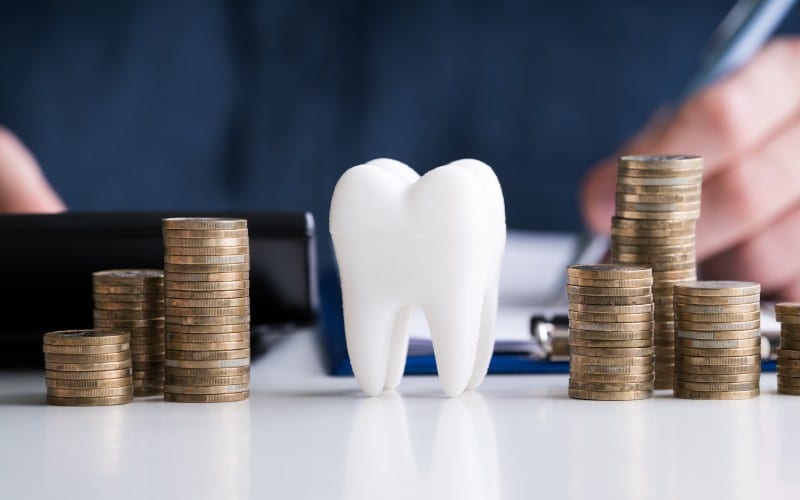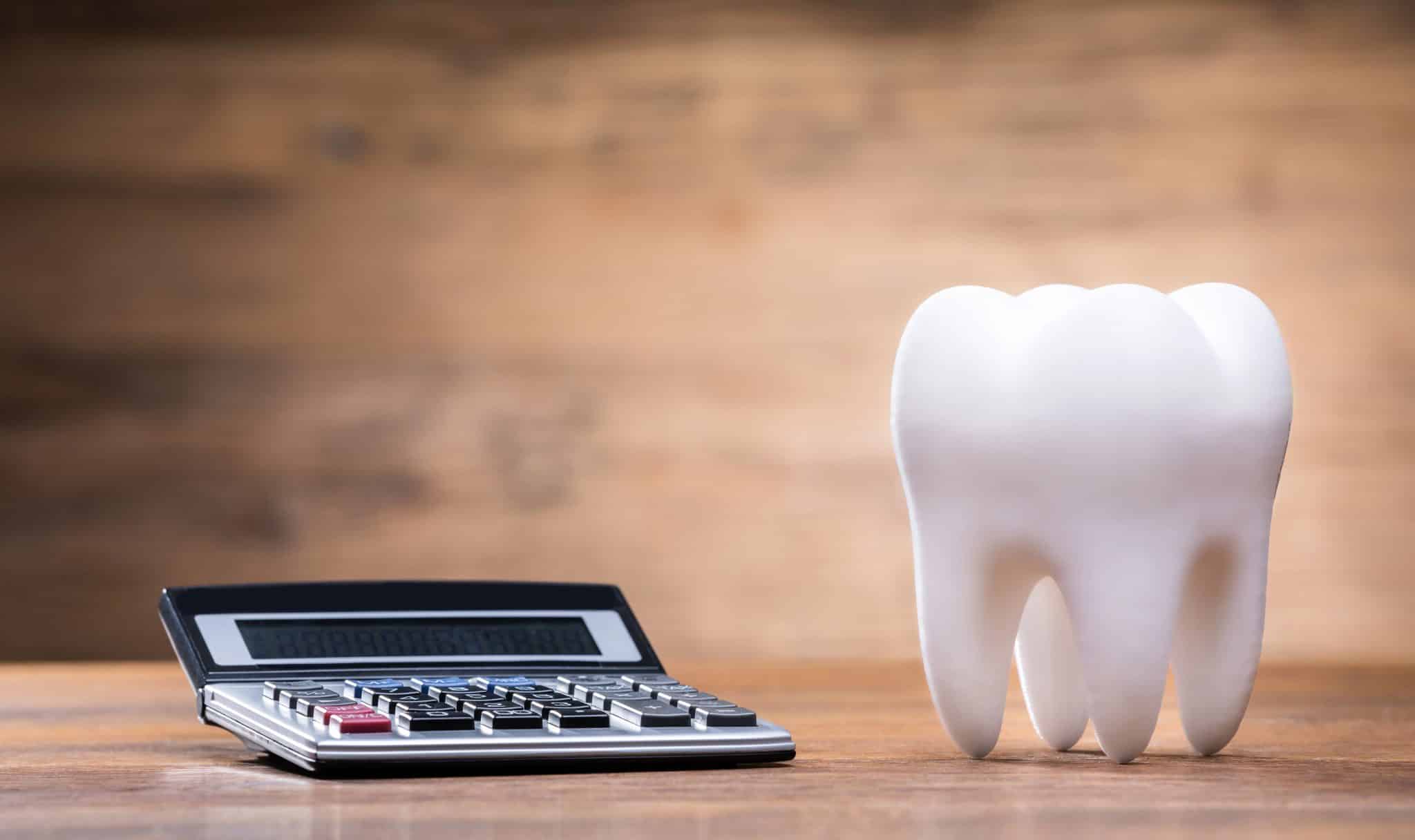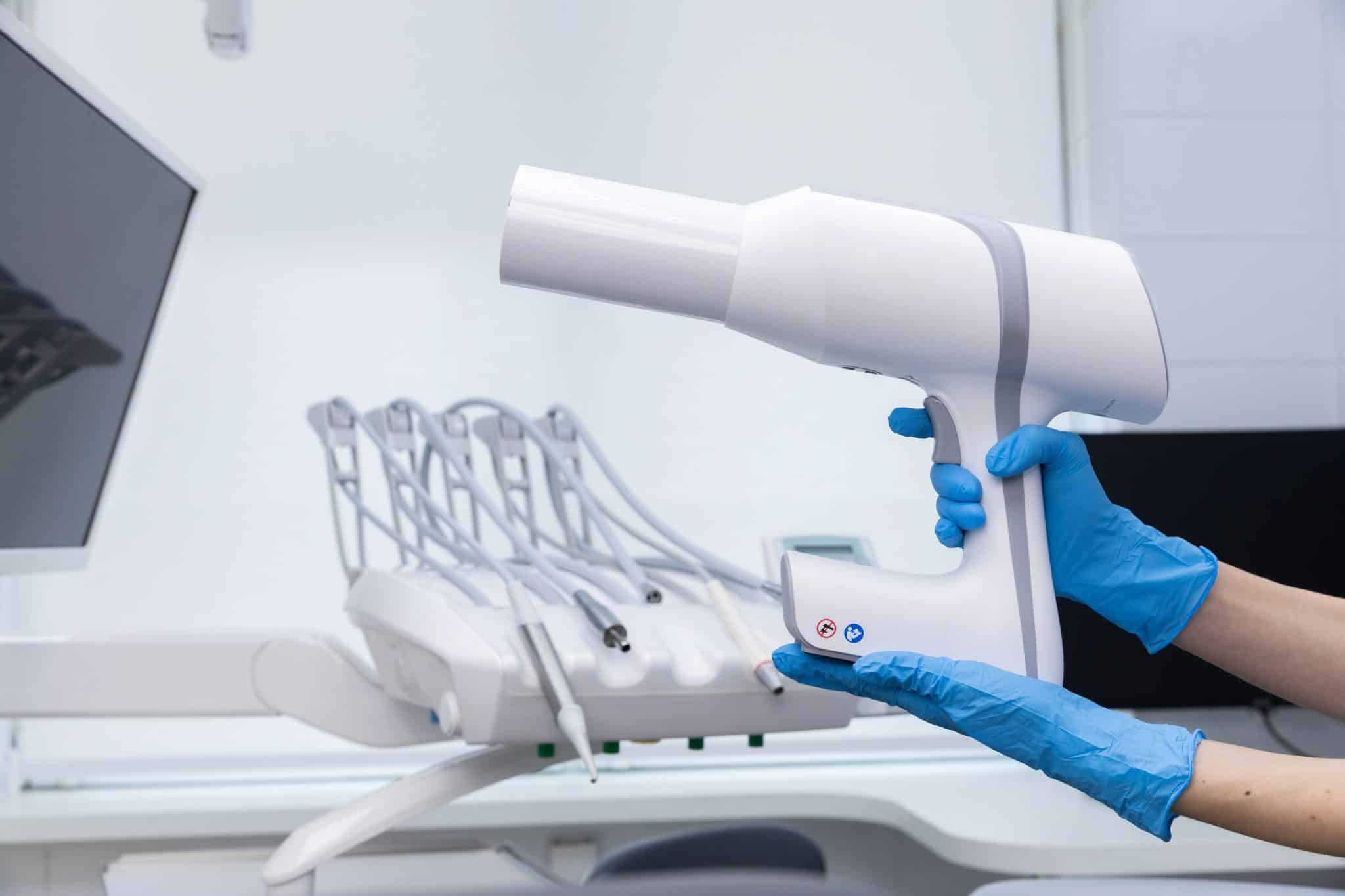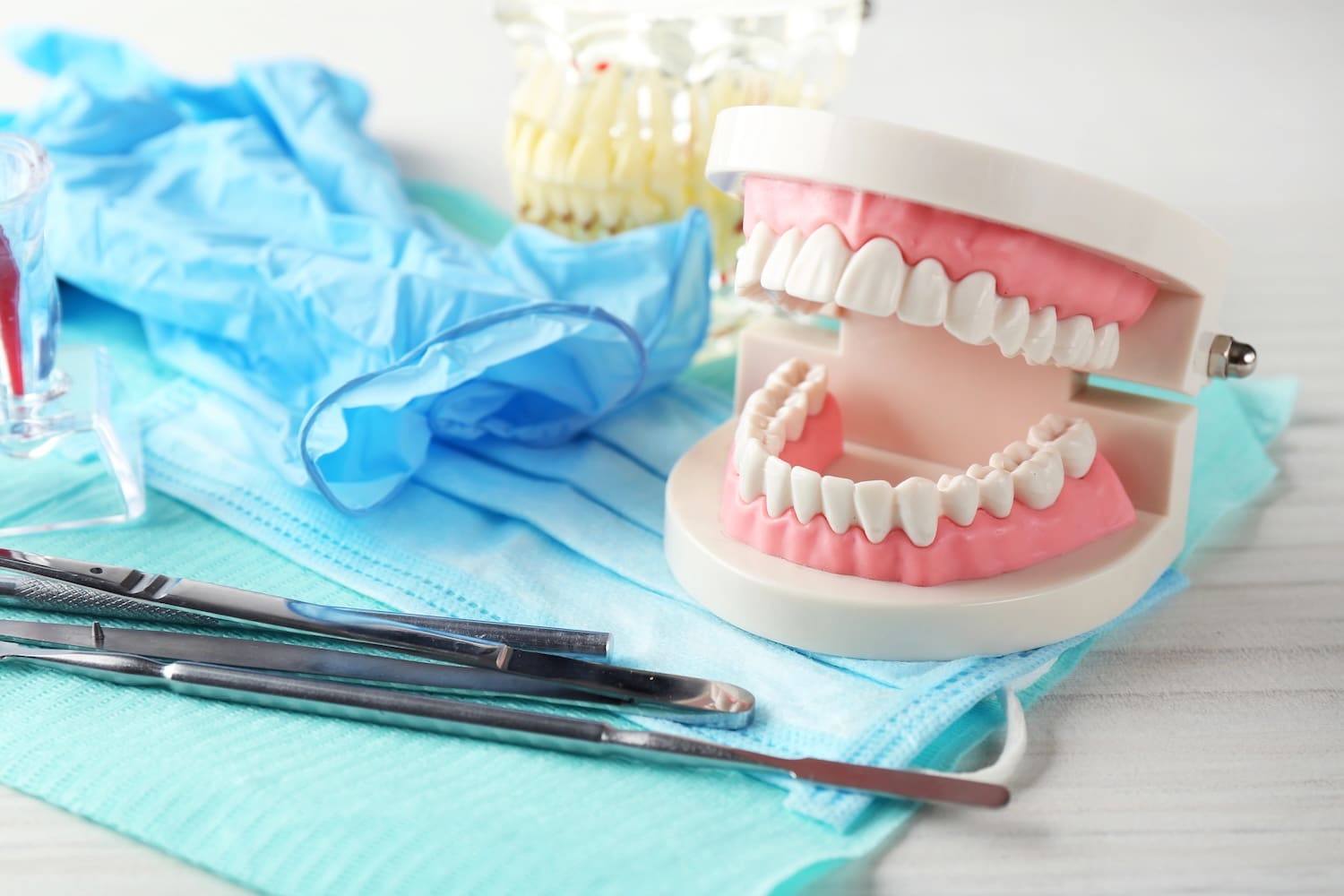Dentists are hard-working professionals, with a significant investment in their profession and practices. Paying more tax than necessary can result in a significant loss of money in your pocket, so finding strategies to lower taxes is critical. It’s not just about keeping more of your hard-earned money, it’s about enabling smarter finances, so you are better able to pursue your personal and business goals without scrimping or going without. A bigger tax refund means you can use that money for sustainable growth without cutting back on other areas, hampering your lifestyle and business success.
Navigating Canada’s tax rules can be tricky, but there are a variety of Canadian tax credits that dentists can leverage to help reduce the amount of taxes they have to pay. In addition to the common tax opportunities available to most Canadians, there are some tax credits that are more specific to dental professionals and dental practice businesses.
Table of Contents
ToggleProfessional Corporations
If you have incorporated your dental practice, you can access more tax-saving opportunities. While new rules on income splitting have changed with the tax on split income (TOSI) updates, making income splitting less profitable now than in previous years, some high-earning dentists may still benefit from this strategy to minimize their overall tax liability, if carefully applied. Incorporating provides access to other strategies, as well.
Small Business Tax Rate
Many Canadian dentists can benefit from the small business tax rate. By operating their practices through a professional corporation, dentists can take advantage of lower tax rates on their business income.
The Canadian small business tax rate is applied to the first $500,000 of active business income; there are ways to maximize the impact of this program, by leveraging allowable deductions, managing income distribution, maximizing tax credits, and more.
Scientific Research and Experimental Development (SR&ED) Tax Credit
Dentists engaged in research and development activities within their practices may be eligible for the SR&ED tax credit. Dentists participating in research to improve dental techniques, equipment, or patient care may be able to claim up to 35% on qualified scientific and experimental development costs.
Capital Cost Allowance (CCA) for Dental Equipment
Dentists invest in expensive, specialized equipment; this equipment depreciates over time. The CCA allows dentists to deduct the cost of eligible capital assets, including dental chairs, imaging equipment, and more, over a specified period. This reduces your taxable income and helps recover the cost of investments over time.
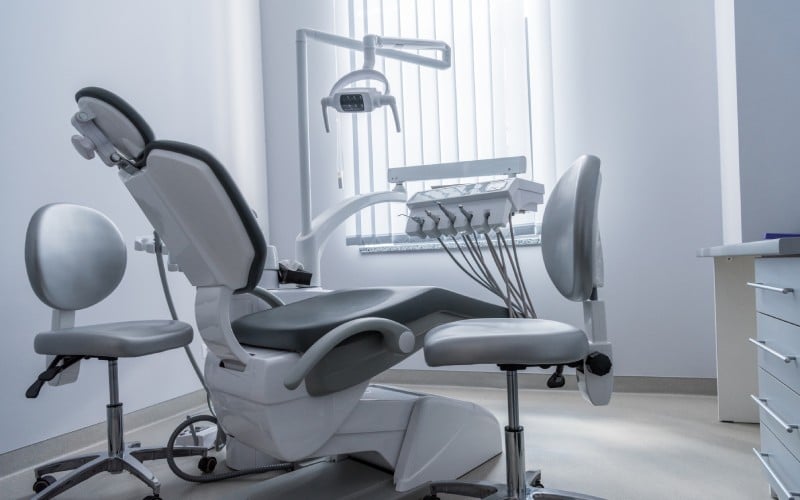
Professional Fees and Membership Dues
Dentists can deduct professional fees and membership dues related to their practice from their taxable income. This includes fees paid to professional associations, licensing bodies, and other relevant organizations.
Education
For aspiring dentists or those pursuing continuous education, the financial burden of educational costs can be alleviated through tax credits.
If you had loans under the Canada Student Loans Act, Canada Student Financial Assistance Act, or Apprentice Loans Act you may qualify to deduct the interest paid on these student loans over the past five years. If you have no tax payable for the year the interest is paid, it can be carried forward up to five years.
Dental students may be eligible for tuition tax credits, which can be more advantageous than deductions, as credits directly reduce the total tax bill. There are Federal tuition benefits; some provinces offer these as well.
Furthermore, tax credits for exam fees related to licensing and professional association dues may also be available for additional financial relief for dentists investing in their education and professional growth.
Get The Help Of A Tax Expert
Canadian dentists, who often have higher incomes, can especially benefit from a strategic approach to tax planning. Leveraging a wide range of tax reduction opportunities such as special tax credits like the SR&ED credits, business-related ones for the dental practice, including small business tax rates and CCA for dental equipment, and personal and general credits, can lead to substantial tax savings.
However, navigating the intricacies of tax regulations requires expertise, and dentists may find it challenging to stay abreast of the latest tax strategies, and not know about the variety of tax opportunities that are available to them. Engaging the services of an expert tax planning and filing agency with specialized knowledge in working with dentists is crucial. Such agencies understand the unique financial considerations of dental professionals and can develop personalized tax strategies to optimize their financial position.
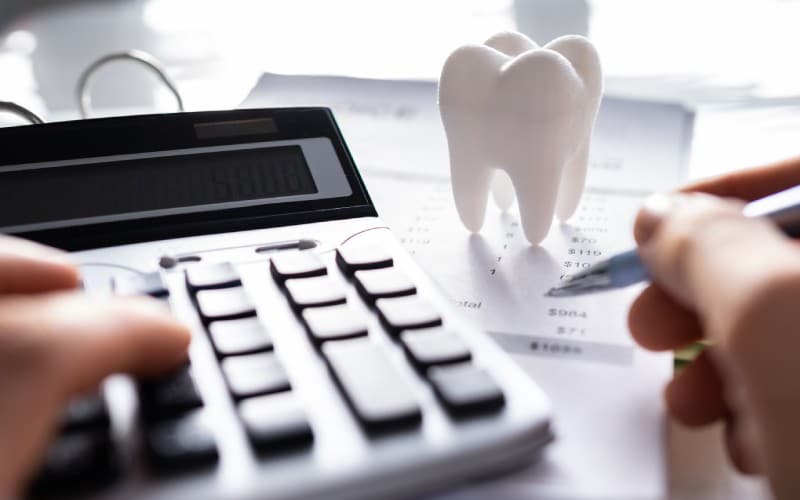
Dentists should view tax planning as an essential part of their overall financial strategy. They have the opportunity to be high-income earners who can particularly benefit from robust and careful tax planning. By proactively seeking out and capitalizing on available tax benefits and minimizing their tax liability, they can give themselves greater financial flexibility. They can gain the ability to reinvest in their practices or plan for their personal and professional futures.
The Dental Tax team of expert accountants and tax planners have specific expertise in the dental industry, giving you an advantage in optimizing your tax and financial strategies. We use proven methods, tailored to your unique situation, using all of our unique knowledge of dentistry-specific opportunities. Gain a competitive edge for your practice, and get the maximum tax return you’re owed.
Adam has an MBA from the Richard Ivey School of Business in London and also holds a Chartered Investment Manager designation.
- Tax Return Preparation Guide for Dental Professionals - January 19, 2026
- Financial Lessons from Successful Dental Practices - January 12, 2026
- 2026 Tax Changes Affecting Canadian Dentists - January 5, 2026

